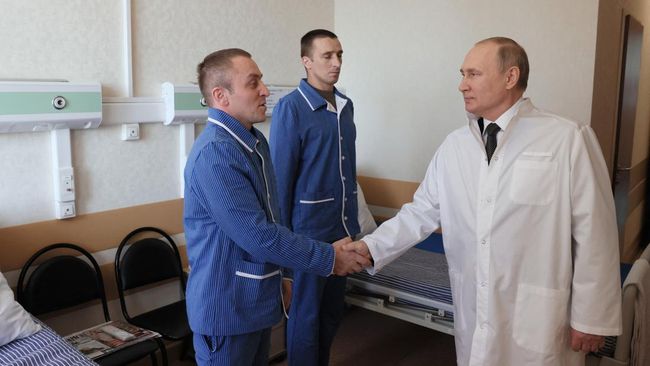Prior to the annual check-up with the cardiologist, a heart film was made as usual and the blood pressure was recorded. This time the job was outsourced to a second-year medical student. She had only been working at the outpatient clinic for two weeks, but it was as if she hadn’t done anything else for years. The blood pressure measured lying down was – also during the second measurement – much too high. I explained to her that I had an irritating, abrupt drop in blood pressure when transitioning from lying down or sitting to standing and kindly asked her to also measure my blood pressure in a standing position. No, the doctor had to do that himself!
The heart film was made fifteen minutes before the scheduled time and the specialist came to pick me up half an hour late. So I had 45 minutes to watch the messages that passed on a big screen. Every few minutes I was urged to enter into a conversation with the practitioner about joint decision-making, and it was strongly emphasized that this hospital is person-oriented and innovative. A message about students working in the cardiology department, on the other hand, only appeared so briefly that I still don’t know exactly what it is about.
‘As an understanding patient you should try to keep the peace’
Before I could answer the question how I was doing, the cardiologist with half a glance at the screen determined that I was being treated by the neurosurgeon. I can imagine that this conclusion is drawn when as a doctor you have no more than a few milliseconds to study the history. Recently I did indeed receive a one-time telephone advice from the neurosurgeon, but there is no question of treatment. Now many specialists and certainly cardiologists are always in a hurry. Every second counts! As an understanding patient, you should try to keep calm. So I took over from the specialist and informed him about what had happened to me over the past year.
The consultation was somewhat chaotic, partly due to a telephone call (call?). Do not lose sight of the red line. You have serious complaints and it is not for nothing that you are being treated by a cardiologist. So I pointed out that when I get up I regularly have the feeling that my legs are sinking. In order not to make it too difficult for the specialist, I explained that this has to do with the abrupt drop in blood pressure. After this, however, I could no longer avoid saying in veiled terms that the person who made the heart film did not want to measure my blood pressure in a standing position. According to her, that was the job of the cardiologist.
‘Would it still make sense to enter into a discussion with the practitioner about joint decision-making?’
This was of course the moment for the specialist to take action. However, it ushered in the final phase of the consultation by stating that my situation was stable. Would it still make sense to enter into a discussion with the practitioner about joint decision-making? In order not to send me home empty-handed, a Holter examination would be done on me. I asked if this made sense, given my stable situation. ‘No,’ the specialist agreed wholeheartedly, after which he continued: ‘let us postpone the Holter examination for a year’. This is how ‘joint decision making’ works in practice and this hospital can rightly promote itself because of its person-oriented approach.
‘Do you ever listen to the heart,’ I asked the cardiologist at the man. He popped up and showed the empty pockets of his white coat. No stethoscope in sight. ‘Why a stethoscope when an ultrasound provides much more information?’ Indeed an innovative approach! Suddenly it also became clear to me why the cardiologist had not recorded my blood pressure. He simply no longer had a stethoscope. “Does the patient still have to bring himself to the hospital?” was my last question. “No,” the cardiologist shook. The time to say goodbye had come. The Holter examination would take place in a year and the results…. The specialist will call me about this.
–


